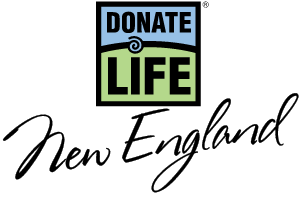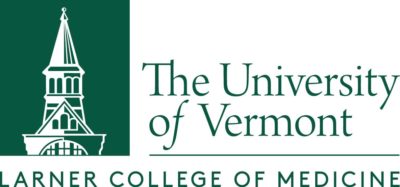Organ Donation
Every day, people die while awaiting organ transplants because there is a shortage of donated organs and tissues.
Important Facts
- Anyone can become an organ donor. Age and health considerations are assessed for each case at the time of death.
- There are few exclusions to donations. Anyone can register to be an organ donor if that is their wish.
- Even if a person is a registered organ donor, every effort will be made to save their life. Organ and tissue donation will only be pursued after death is legally declared.
- If a person is not in the organ donor registry (even if they have indicated on their advance directive to be an organ donor), next of kin is contacted to give authorization for organ donation.
- If a person is under the age of 18 at the time they register, consent for organ donation is the decision of their parent(s)/legal guardian.
- There is no cost to the family of the donors for organ and tissue donation. Expenses related to the donation are paid by the federally designated organ procurement organization.
- Donor organs are matched to recipients based on blood and tissue type, geographic location, and medical urgency.
- Social status, wealth, race, gender, age, etc. are not considered when determining who receives an organ.
- It is against the law in the United States to buy or sell organs.
How to Become an Organ Donor
Donor registries are a fast and easy way to register your consent for organ and tissue donation and provide an electronic record that can be accessed 24/7 in the event of your death.
To become an organ donor in Vermont, register online at Donate Life New England or enroll at the Department of Motor Vehicles (DMV). By registering you give legal consent for organ and tissue donation.
If you signed up to be a donor while at the Vermont DMV after January 2013, you are automatically enrolled in the Donate Life New England Registry. Prior to January 2013, the Donate Life New England registry was not linked to the DMV.




